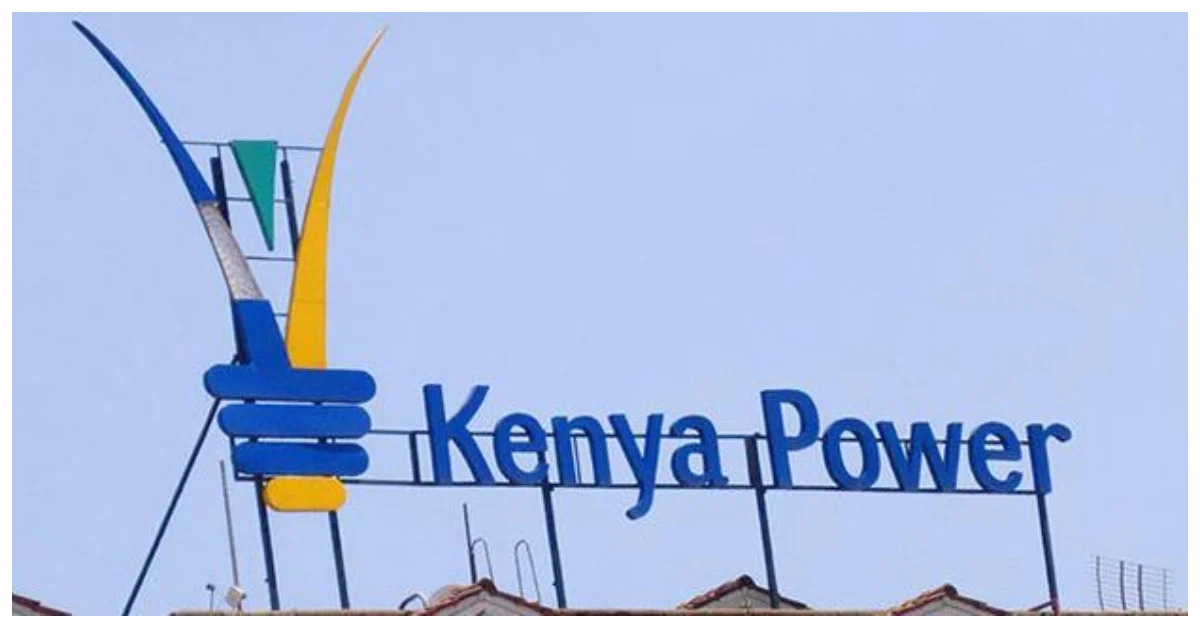The Auditor-General, Nancy Gathungu, has exposed Kenya Power for inflating electricity bills by as much as 20 percent, causing consumers to be overcharged for energy they didn’t use.
The investigation revealed that bills did not align with actual consumption and extra charges imposed by the utility couldn’t be traced in the billing system. Gathungu shared these findings with a parliamentary committee, explaining that almost 20 percent of consumer bills couldn’t be linked to real usage.
“Almost 20 percent of the bill to consumers cannot be matched to actual consumption neither can the distribution company attribute it to a specific consumer,” said Ms. Gathungu.

According to The Business Daily, neither Kenya Power nor the Energy and Petroleum Regulatory Authority (EPRA) could adequately explain this discrepancy. The audit discovered errors in calculating system losses, which were attributed to outdated study reports, simulations, and arithmetic mistakes.
She noted that there were issues with check meters, including their absence, malfunctions, and mismatches with main meters, leading to incorrect billing for consumers. Surprisingly, among the 96 power plants supplying Kenya Power, only 38 had check meters, and all of them were off-the-grid stations.
Ms. Gathungu also mentioned that Kenya Power lacked the means to verify invoices presented by independent power producers (IPPs) due to insufficient access to key indices.
The audit highlighted that system losses were the major cost burden on consumers, with losses exceeding approved limits leading to additional costs passed onto consumers. Despite management’s claims of efforts to reduce losses, evidence of improvement was lacking.
Read Also: Kenya Power Turns to Smart Meters
“There was a lack of primary access to the key indices which limited the ability of IPPs and KPLC to independently verify the authenticity of prices in the invoices where such indices were applied… the risk from lack of access to these key indices means KPLC is limited in its oversight role of ensuring the submitted invoices were correct,’’ she added
Vincent Musyoka, the committee chairman, expressed that these revelations validated long-standing fears of exaggerated power bills. He emphasized that while transmission losses were expected, they should be shared between Kenya Power and power producers.
Kenya Power’s managing director, Joseph Siror, acknowledged losses in power transmission due to distance and illegal connections. He added that efforts were being made with partners to reduce losses and address concerns about high power costs.
Subscribe to our YouTube channel Switch TV
“The moment you move power from one point to another, there is definitely a loss of power. The longer the line, the higher the losses,” said Dr Siror.















